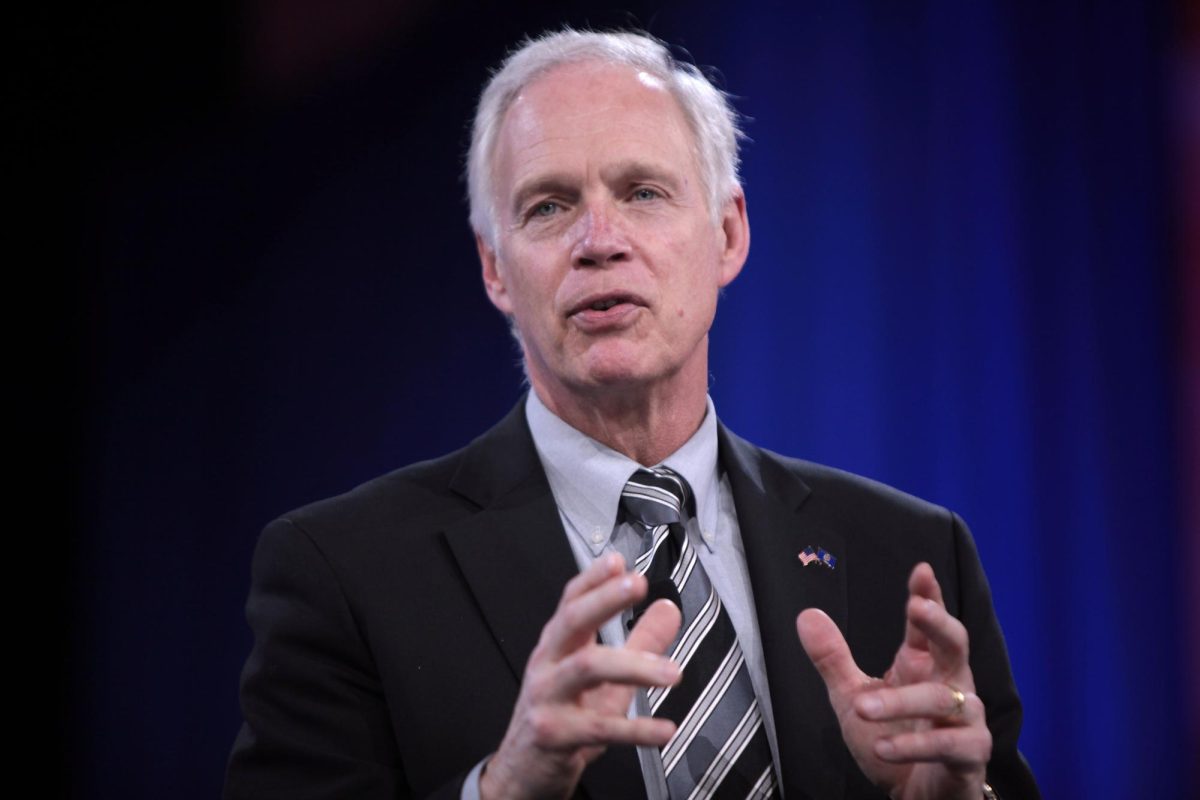“UW System student governance representatives will see a new method of being paid after the 2016 fall semester.
UW System President Ray Cross notified UW campuses via email that classifying student governance representatives as independent contractors, which UW Oshkosh had previously done, is “no longer an option”.
“Student government leaders do not meet the IRS or UWS definition of independent contractors and these students would owe self-employment taxes on the payments,” Cross said.
Student governance representatives were formerly paid as independent contractors through payment to individual reports, also known as PIRs. According to Cross, that method is no longer feasible going forward.
Oshkosh Student Association President Austyn Boothe said the current PIR payment method cannot be used again after the 2016 fall semester.
“PIRs will be done here at UWO for first semester, and we don’t have any answers about what’s going to happen for second semester,” Boothe said. “We don’t know if they’re going to be done through scholarship or through logging hours.”
Vice President of Reeve Advisory Council Aza Muzorewa said he is unsure of what will happen regarding student governance payment after the fall semester.
“As of right now, we have not been notified how payments will work next semester,” Muzorewa said. “We, as students, have expressed our concerns to our supervisors, and they are making sure that our voices are heard and considered in the decision making process.”
Boothe said the reason for the changes are because of the Affordable Care Act.
“It comes down to the Affordable Care Act and some of the restrictions that it places, that you have to offer insurance,” Boothe said. “The UW System isn’t legally allowed to give insurance to students.”
According to Boothe, the payment changes will negatively impact some students who planned on getting paid via PIR for the entire school year.
“I know a lot of people base their class schedules on this money,” Boothe said. “So they didn’t take certain classes because they believed they were going to have the money to do a study abroad.”
Boothe said student representatives work too much to stay under 25 hours per week, and scholarships are not a good option because they can negatively affect financial aid amounts.
“If a low income student is maxed out on financial aid with grants and other scholarships and other loans, a large amount of payment going as a scholarship could take away from their financial aid,” Boothe said.
According to Boothe, the changes could cause low income students who would stand to gain a lot from becoming involved in student governance to look elsewhere for their employment.
“The long-term concern about that is that’s probably going to end up really deterring students who are in that situation,” Boothe said. “So students who should be the ones that are really going for those leadership roles and getting involved, it’s not going to benefit them; it’s going to hurt them, which is really frustrating.”
United Students in Residence Halls Vice President William Engels said the various student governmental bodies are working together on the issue.
“Those policy changes are still being made,” Engels said. “All the student governments are working together to basically get through this.”
USRH President Shania Williams said USRH is trying to handle the changes being made to student governance compensation as they occur.
“We’re taking things as they come and figuring out the best solution to handle them,” Williams said.
Engels said although recruiting for USRH isn’t easy he does not believe policy changes will cause any further problems.
“Right now there’s plenty of issues with recruiting,” Engels said. “I think people are very busy, they lead busy lives working multiple jobs on campus and off campus. So I don’t think this is actually going to cause any more problems.”
According to Boothe, the university is working to overcome the adverse effects presented by these changes and no one party is at fault for them.
“It’s nobody directly trying to cause issues for us,” Boothe said. “There’s no one to point a finger at and be upset about, it’s something that we’re all figuring out together.”
Muzorewa said the changes will not stop student government from running in the future.
“Although it was unexpected, student governance as a whole has not let this affect their abilities to represent the student body’s needs and accomplish their prior goals coming into this school year,” Muzorewa said.
Boothe said the best thing in the short-term would be students getting to choose between scholarships and part-time payment.
“I really hope that, especially on our university, that students are able to pick when it does come down to scholarships or hours, that students are able to evaluate their own situation and do what’s best for them,” Boothe said. “
Categories:
Changes coming to student worker compensation
September 21, 2016
0
More to Discover







